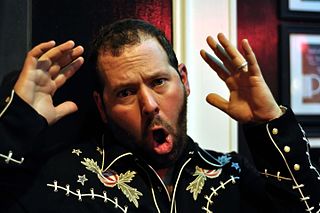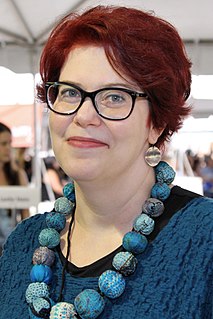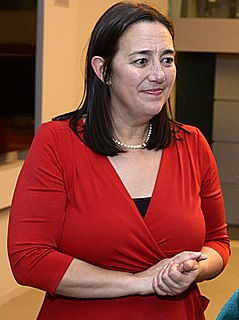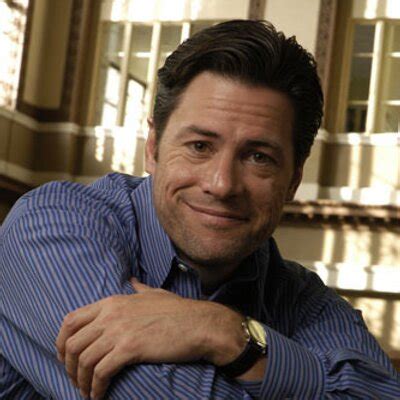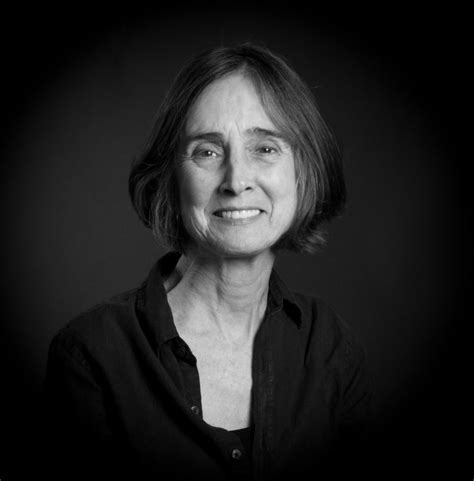A Quote by Frank McCourt
I had moments with my father that were exquisite - the stories he told me about Cuchulain, the mythological Irish warrior, are still magical to me.
Related Quotes
I think being raised within a Mexican Catholic family made magical realism a very natural part of who I am as a person and as a writer. My parents always told us great stories that often had magical elements and roots within Mexican folklore. Also, I remember my father reading a book to me, when I was very young, about the lives of saints. Those were crazy scary stories! Maybe he was trying to scare me into being a good person. In the end, magical realism offers me untethered freedom to explore human frailty and the way we clumsily cobble together our lives on this strange planet.
My father always taught by telling stories about his experiences. His lessons were about morality and art and what insects and birds and human beings had in common. He told me what it meant to be a man and to be a Black man. He taught me about love and responsibility, about beauty, and how to make gumbo.
...they told me of color, that it was an illusion of the eye, an event in the perceiver's mind, not in the object; they told me that color had no reality; indeed, they told me that color did not inhere in a physical body any more than pain was in a needle. And then they imprisoned me in darkness; and though there was no color there, I still was black, and they still were white; and for that, they bound and gagged me.
Nobody told me there was any idea for a sequel to 'The Exorcist.' But my agent called me to tell me they were going to do it, and there was a part for me. I said, 'But I died in the first film.' 'Well,' he told me, 'this is from the early days of Father Merrin's life.' I told him I just didn't want to do it again.
The thing that most haunted me that day, however...was the fact that these things had - apparently - actually occurred...For all his attention to my historical education, my father had neglected to tell me this: history's terrible moments were real. I understand now, decades later, that he could never have told me. Only history itself can convince you of such a truth. And once you've seen that truth - really seen it - you can't look away.
The worst was relizing that I’d lost him for nothing because he’d been rght about all of it-- vampires, my parents, everything. He’d told me my parents lied. I yelled at him for it. He forgave me. He told me vampires were killers. I told him they weren’t, even after one stalked Raquel. He told me Charity was dangerous. I didn’t listen, and she killed Courtney. He told me vampires were treacherous, and did I get the message? Not until my illusions had been destroyed by my parents’ confession.
The stories my pupils told me were astonishing. One told how he had witnessed his cousin being shot in the back five times; another how his parents had died of AIDS. Another said that he'd probably been to more funerals than parties in his young life. For me - someone who had had an idyllic, happy childhood - this was staggering.
Those who came to the United States didn't realize they were white until they got here. They were told they were white. They had to learn they were white. An Irish peasant coming from British imperial abuse in Ireland during the potato famine in the 1840s, arrives in the United States. You ask him or her what they are. They say, "I am Irish." No, you're white. "What do you mean, I am white?" And they point me out. "Oh, I see what you mean. This is a strange land."
Lee Strasberg told me I had talent. Real talent. It was the first time that anyone, except my father--who had to say so--told me I was good. At anything. It was a turning point in my life. I went to bed thinking about acting. I woke up thinking about acting. It was like the roof had come off my life!
Everyone had always told me I had to see alpine flowers, since I was writing about flowers, and I had never seen these. So I happened to be teaching a class at the University of Colorado, and I got to go for hikes that took me there. But my perspective was most often down at ground level, trying to see quite tiny exquisite flowers.





